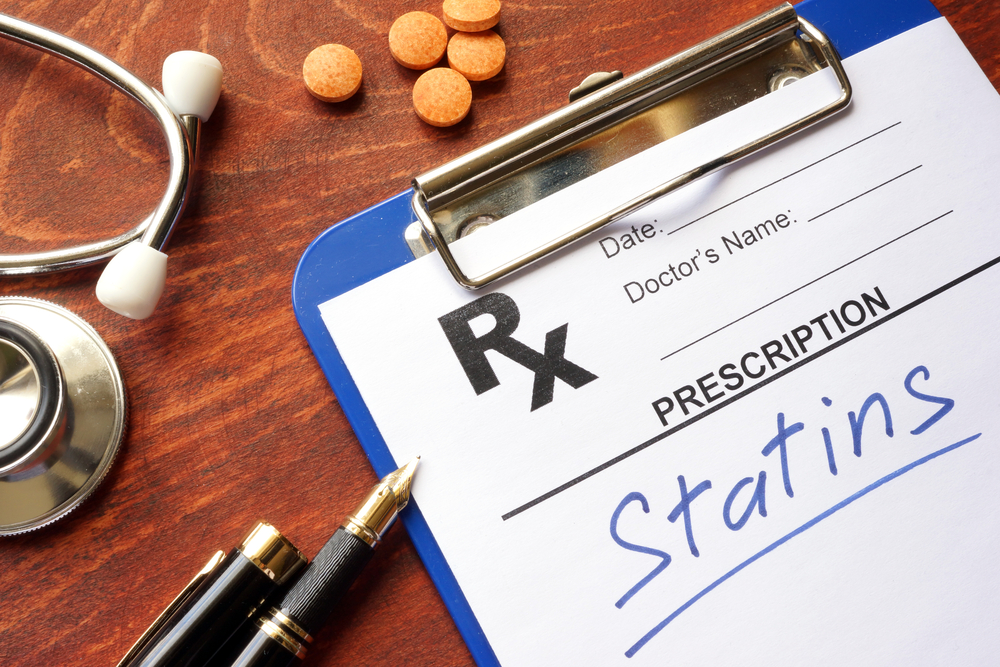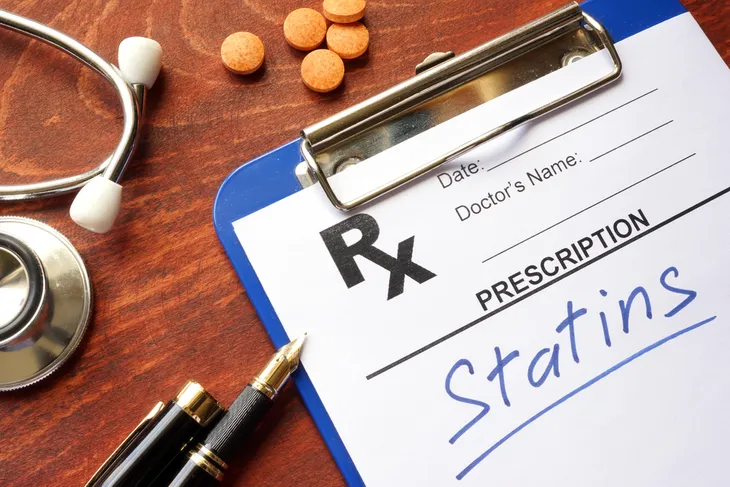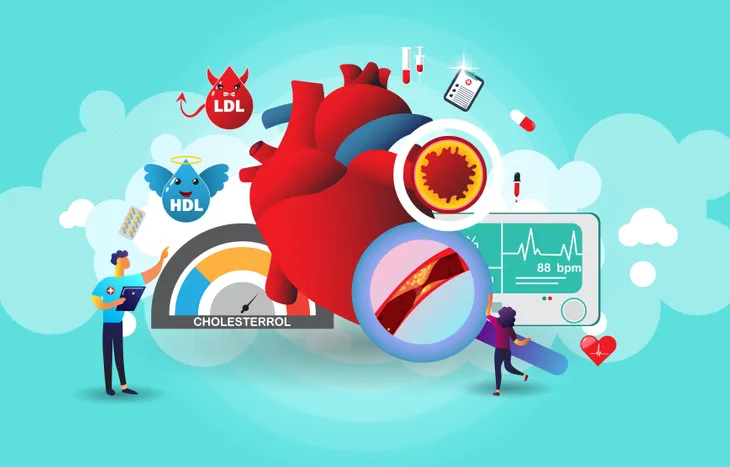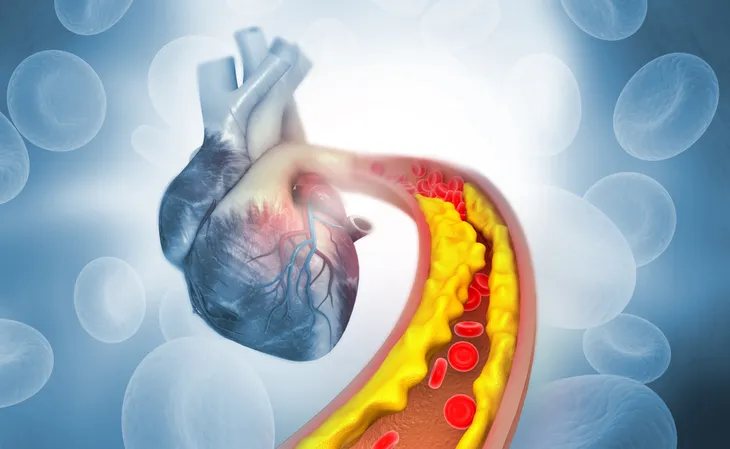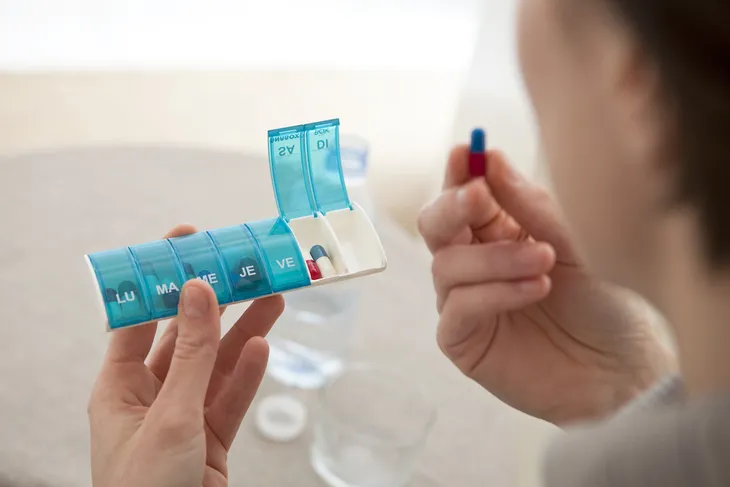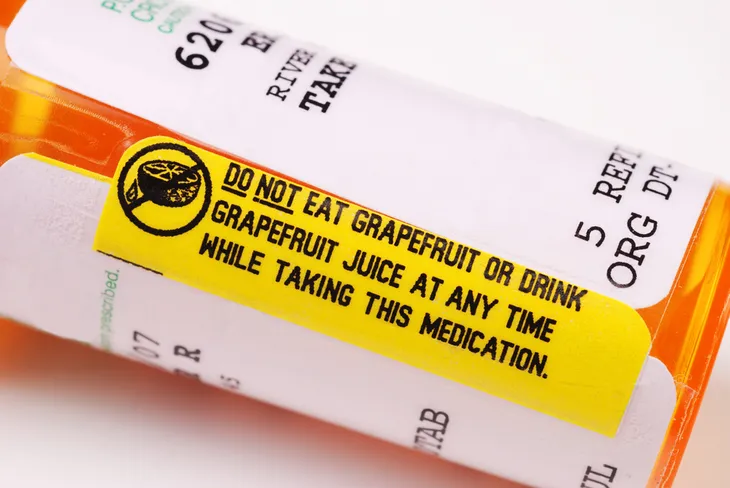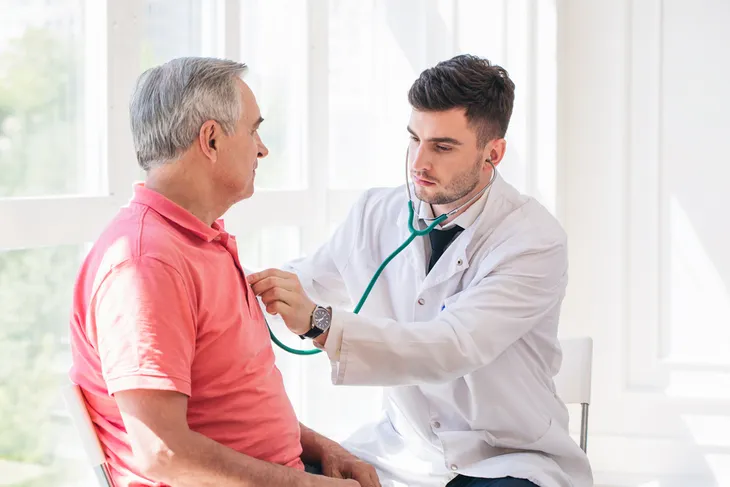It seems like every large pharmaceutical company offers up their very own take on statins, and it’s easy to see why. Statin use has increased substantially over the last decade, and the numbers show no sign of slowing down.
But, what are statins, what are they used for, and what are the most prominent side effects? Today, we’re going to take a deep dive on all things statin, so you can make a more informed decision if or when that day comes. Let’s go!
What are Statins?
Over 50-percent of the adult population in high-income countries is affected by high cholesterol (referred to clinically as hypercholesterolemia). In fact, roughly 28.5 million Americans have high cholesterol. Even if only half of those people seek pharmaceutical aid, that’s still a lot of people.
Pharmaceutical aid is available, and it usually comes in the form of statins. Statins are a class of drugs designed to help lower the blood’s cholesterol levels as a means to prevent heart attacks and strokes, and statins do accomplish this goal in a lot of people. The statistics show statins are responsible for reducing the risk of heart attack, stroke, and heart disease-related fatalities by 25-percent to 35-percent.
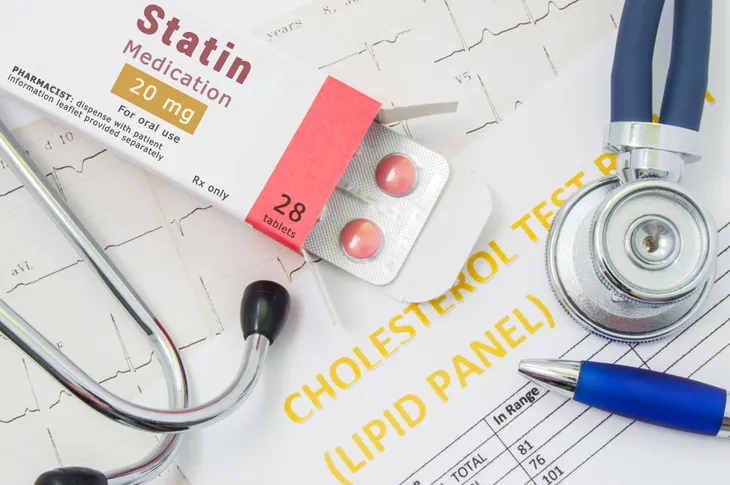 Photo Credit: Shidlovski / Shutterstock.com
Photo Credit: Shidlovski / Shutterstock.comTypes of Statins
There are numerous variations on the statin class of drug, all of which offer similar benefits and side effects, with slight variations of course.
Atrovastatin (Lipitor), Fluvastatin (Lescol), lovastatin (Mevacor and Altoprev), pravastatin (Pravachol), rosuvastatin (Crestor), and simvastatin (Zocor) are the main statins available. Although if you need to make a choice on which statin is best for you, we strongly advise relying on your doctor’s recommendation.
Who Should Use Statins?
Remember those 28.5-million Americans with high cholesterol? It’s important to note that not all of them use statins to protect themselves from heart disease or stroke. In fact, it’s estimated that another 15 to 20-million people should be taking a statin.
Although it is relatively common, a high levels of low density lipoprotein (LDL) cholesterol (also referred to as “bad” cholesterol) in your blood are indeed a bad thing, as it can dramatically increase your risk of developing heart disease. Not all cholesterol is bad, and the levels of bad cholesterol in your blood can be determined with a quick blood test.
To answer the question above, most of the aforementioned Americans with high LDL cholesterol levels in their blood could benefit from some sort of statin therapy. Having said that, it’s important to lean on your family doctor for specific, true to you, medical advice.
How Do They Work?
Now that we know what statins are and who should take them, you might be wondering, how do they work? Statins work by “blocking your body’s production of an enzyme called HMG-CoA reductase,” says Healthline. This is the enzyme that your liver requires to make cholesterol. So, by blocking it your liver will make less cholesterol which in turn reduces your levels.
Furthermore, statins also help your body absorb built up cholesterol that’s already present in your arteries. It’s important to note, you do need some cholesterol to function, but when your levels get too high that’s when they can wreak havoc in your body.
Common Side Effects
If the previous pages have led you to consider asking your doctor about one of the statins we’ve discussed, temper your expectations. At least until we’ve broken down a few of the most experienced side effects.
Muscle pain is by far the most common side effect, with between 1 and 10 patients reporting muscle-related symptoms. It’s important to note that if you experience muscle pain alongside tiredness, fever, dark urine, or diarrhea, you should reach out to your primary care physician right away!
Other Side Effects
Other common side effects include headache, difficulty sleeping, nausea or vomiting, constipation, bloating or gas, rash, and flushing of the skin.
When it comes to statins, not all side effects are created equal. There is a rare chance of developing serious side effects, including myositis, elevated levels of creatine phosphokinase (CPK), or rhabdomyolysis, all three of which are related to muscle pain and potential long-term muscle damage.
 Syda Productions / Shutterstock
Syda Productions / ShutterstockRisk Factors
While it’s important to be aware of the possible side effects, they won’t happen to everyone. That said, some factors may increase an individual’s risk of developing side effects from statins. This includes taking several medications to lower your cholesterol, or having kidney or liver disease.
The Mayo Clinic also notes that being female and having a smaller body frame may also increase your risk of developing side effects. Finally, being 80-years old (or older), drinking too much alcohol, or having conditions such as hypothyroidism or a neuromuscular disorders can also increase your risk.
Statins and Grapefruit
One interesting thing many people might not know is if you take statins, you’ll likely have to avoid grapefruit. This is because the fruit can interact with the drug and cause some side effects to be worse. Healthline notes, “This is especially true with lovastatin and simvastatin.”
With this in mind, if you have to take a statin, make sure you read the warning label. You should also ask your doctor if you’ll need to avoid grapefruit or any other foods or medications while taking statins.
How to Relieve the Side Effects
If you do experience side effects from statins, there may be a few ways you can get some relief. For starters, your doctor may recommend changing your dosage or you may need to take a break from statin therapy.
Furthermore, you may benefit by changing to another statin drug or you may need to consider a different medication to lower your cholesterol altogether. But, whatever method you try, make sure you do so with guidance and recommendation from your doctor.
Reasons Not to Take Statins
There are a lot of reasons not to take statins, most of which are very personal. You may be turned off by the uncertainty of side effects, you may lack the consistency required to take the medication regularly, or you might just prefer a more natural approach.
If you do decide you don’t want to take statins, be sure to discuss it with your doctor to find out what other options you have.
Natural Alternatives to Lower Cholesterol
There are indeed natural alternatives to lowering your cholesterol levels. Red yeast rice, psyllium, fish oil, and fenugreek supplements have been shown to lower cholesterol, although these supplements may also cause side effects.
There’s also the option to integrate concrete, healthy-living changes into your daily routine. Exercising 30 to 60-minutes per day, eating more fiber and complex carbohydrates, and reducing the amount of cholesterol that you consume can also help.
A Note on Statins
Statins are an important, life-saving drug that can help lower the risk of heart disease-related illness and death in millions of Americans every single day. There are side effects and there are more natural changes that you can make to offset those cholesterol levels, but options are always good.
It’s important to note that none of these drugs or health decisions should be made without the professional advice of a licensed practitioner. Health care isn’t one-size-fits-all. It’s a process that relies on tests, medical history, lifestyle choices, and professional acumen to make the smartest choices.
If you suspect that you may need statins, talk to your doctor, and take the required tests to make the best decision you can.
